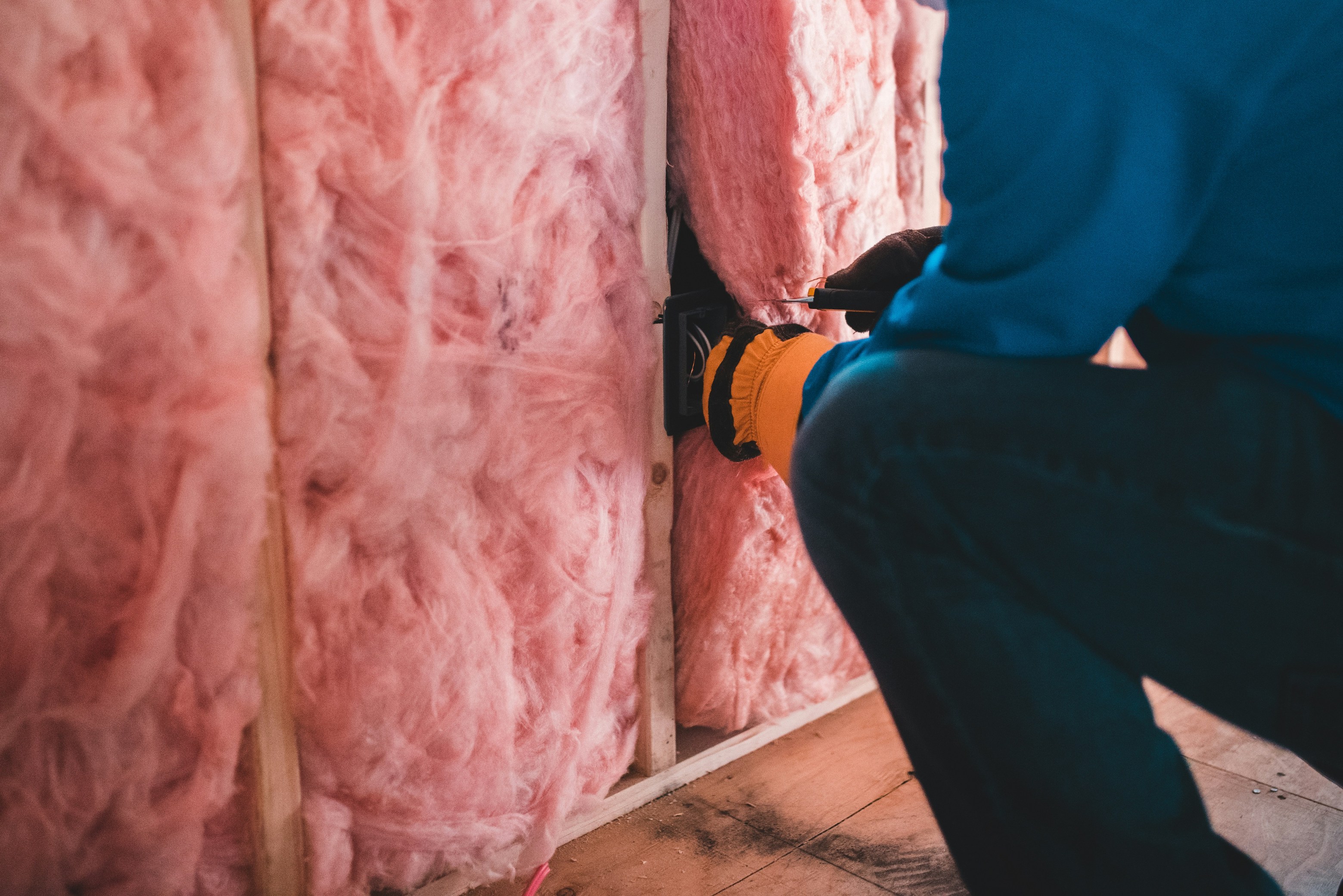When most homeowners think about insulation, they usually associate it with keeping their homes warm in winter and lowering heating bills. But the benefits of proper insulation extend beyond energy savings — particularly during the warmer months when the sun is beating down and temperatures rise indoors. In fact, high-quality insulation plays a vital role in keeping heat out, as well as locking warmth in. This dual function makes it an essential investment for year-round comfort.
Understanding How Insulation Works
Insulation acts as a barrier to heat flow, whether it’s trying to escape during winter or enter during summer. In the UK, where weather conditions can swing between chilly damp winters and increasingly hotter summers, having a well-insulated home is more important than ever. It reduces the need to constantly rely on heating and cooling systems, helping to create a more stable indoor environment.
During summer, uninsulated or poorly insulated homes absorb a significant amount of heat through the roof, walls, and windows. This can make indoor temperatures uncomfortably high, particularly in loft rooms or top-floor flats. Insulation, especially in the loft and cavity walls, can dramatically reduce this heat gain by reflecting and slowing down the transfer of warmth from outside.
Saving Money and Staying Cool
While energy bills are often the main driver behind improving insulation, it’s worth noting that keeping a property cool in summer can also lead to increased energy use — particularly if fans or air conditioning units are left running for long periods. Effective insulation reduces the need for these appliances, lowering electricity usage and, in turn, your energy costs.
Moreover, a cooler home environment can have positive impacts on health and wellbeing, especially for those who are more vulnerable to heat, such as the elderly or young children. Insulation helps maintain a consistent indoor climate, reducing the risks associated with heatwaves, which have become more common in the UK in recent years.
Where Insulation Matters Most
If you’re considering upgrading your home’s insulation to stay cooler in summer, focus on these key areas:
-
Loft insulation: Since heat rises, the loft is often the hottest part of the house. Installing or upgrading loft insulation can significantly cut down on the amount of heat that enters through the roof.
-
Cavity wall insulation: Many UK homes built after the 1920s have cavity walls. Filling these cavities helps reduce both heat loss in winter and heat gain in summer.
-
Solid wall insulation: Older properties may need internal or external insulation to tackle solid walls, which are more prone to temperature transfer.
-
Floor insulation: While this mainly helps with heat retention, it can also contribute to a more consistent indoor temperature year-round.
-
Window and door insulation: Double or triple glazing, draught-proofing, and insulated doors can help limit heat entry and reduce reliance on fans.
Insulation is far more than just a winter remedy — it’s a smart, all-season solution for both comfort and cost-efficiency. By keeping your home cooler in summer and warmer in winter, insulation contributes to lower energy bills, a reduced carbon footprint, and a healthier living environment. Whether you’re upgrading an older property or looking to future-proof a new build, investing in high-quality insulation is a practical and effective step.
If you’re looking for a simple yet impactful way to improve your home’s comfort and efficiency, insulation is one improvement that delivers real results — in every season.
